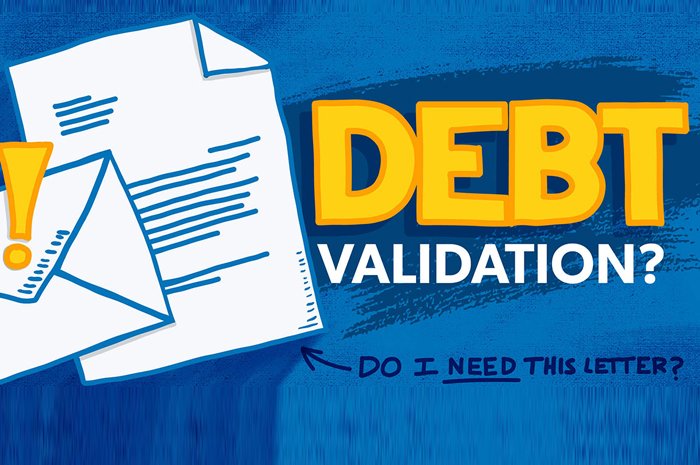
Debt validation is a powerful legal tool that allows you to verify whether a debt is legitimate and legally enforceable before making any payments. Under the Fair Debt Collection Practices Act (FDCPA), you have the right to request proof that a debt is valid and that the creditor or collection agency has the legal authority to collect it. This process shifts the burden of proof onto the creditor, meaning they must provide complete and accurate documentation to substantiate the debt.
If any details are missing, inaccurate, or unverified—such as incorrect balances, missing agreements, or lack of proper ownership transfer—you may not be legally required to pay the debt. In many cases, debts that have been sold or transferred multiple times between collection agencies contain errors, making them difficult to validate. If a debt cannot be verified, it may be removed from your credit report, potentially improving your credit score.
Debt validation can be one of the fastest and most cost-effective strategies for dealing with questionable debts. Instead of immediately making payments or setting up costly arrangements, requesting validation gives you the opportunity to ensure the debt is legitimate. If the creditor fails to respond or provides insufficient evidence, you may be able to dispute the debt and have it legally dismissed.
Taking control of your finances starts with knowing your rights. If you’re facing collection attempts, always request debt validation before making any commitments. This simple yet effective step could save you thousands and prevent unnecessary financial burdens.
Debt settlement allows you to avoid bankruptcy and pay your debt back at an affordable rate (up to 40% of your debt can be forgiven). You can become debt free in three to four years. Why doesn’t everyone do debt settlement? As you are about to find out there are drawbacks that come along with debt settlement. The key is to weigh your options and evaluate the positives verse negatives.





